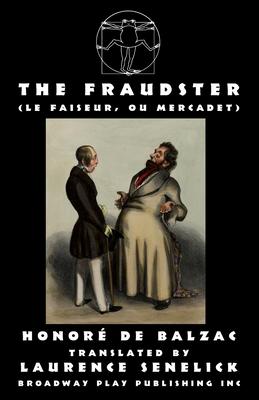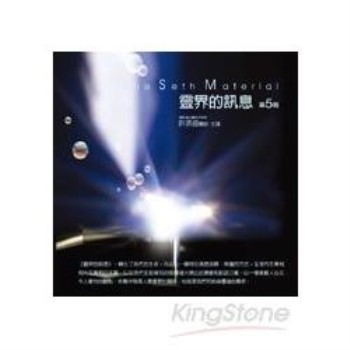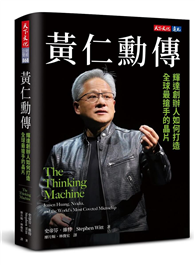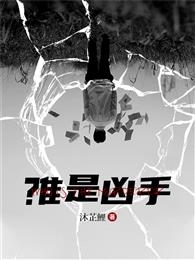Balzac to Mme Hanska: "This play is a man fighting against his creditors and the ruses he uses to escape them."
The name has remained in the language to designate a glib-tongued promoter of doubtful enterprises. But it is more than a character comedy; it is also one of manners and a satire on an epoch of frenzied speculation, when small business gave way to large combinations and stock-companies, when money, not honor, was the god of France... It is the earliest representative of naturalism on the stage.
Joseph L Borgerhoff, 1931
The great theme of THE FRAUDSTER is the void. This void is incarnate is Godeau, the phantom partner always awaited, never seen, and who eventually creates a fortune from his void alone. Godeau is an invention for producing hallucinations; Godeau is not a creature, he’s an absence, but this absence exists because Godeau is a function...Balzac saw the coming modern age no longer as the world of property and individuals (categories in the Napoleonic code), but as that of functions and values. What exists is no longer what is but what is assumed to be. In THE FRAUDSTER all the characters are voids (except the women), but they exist because their vacuity is contiguous: they assume one another to exist.
Roland Barthes












